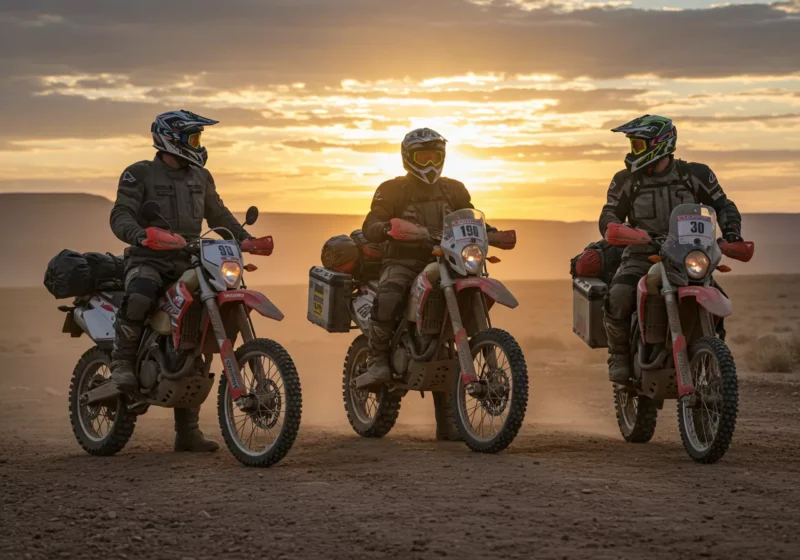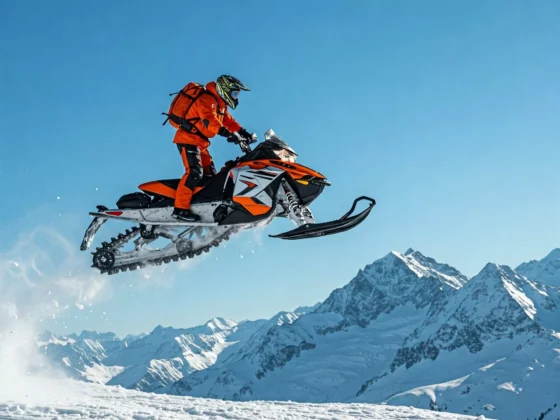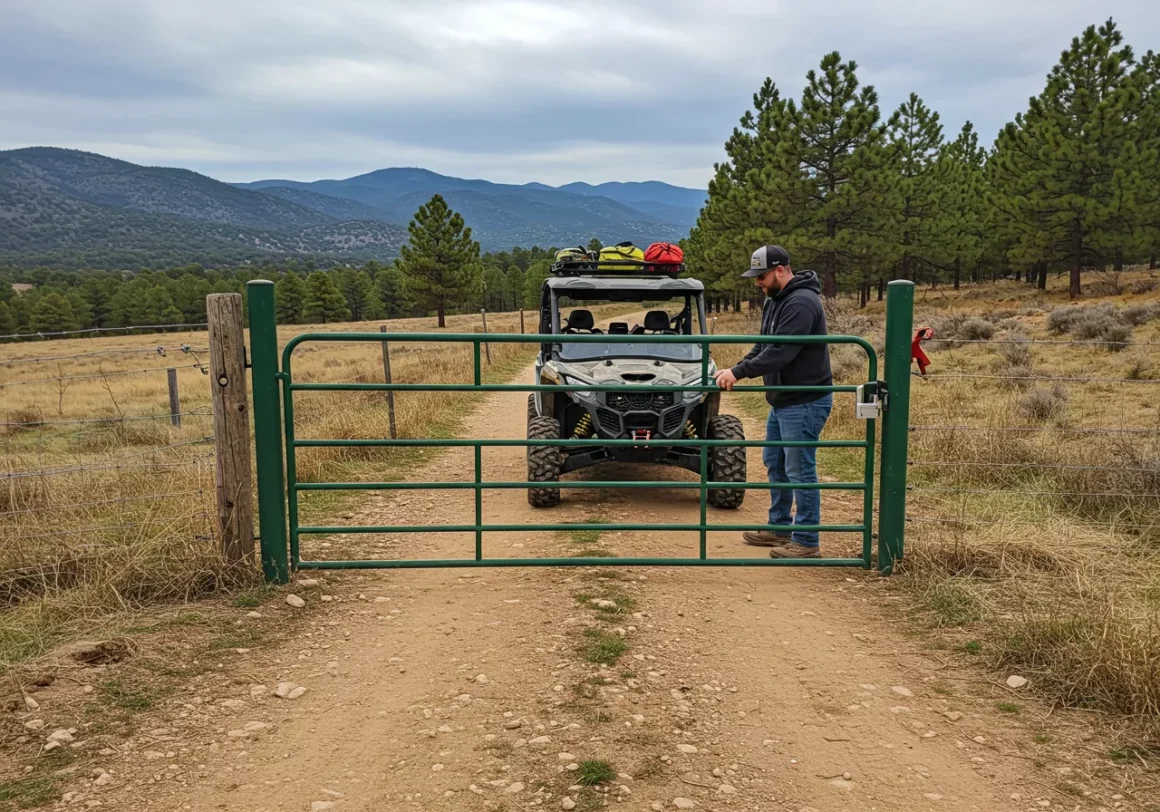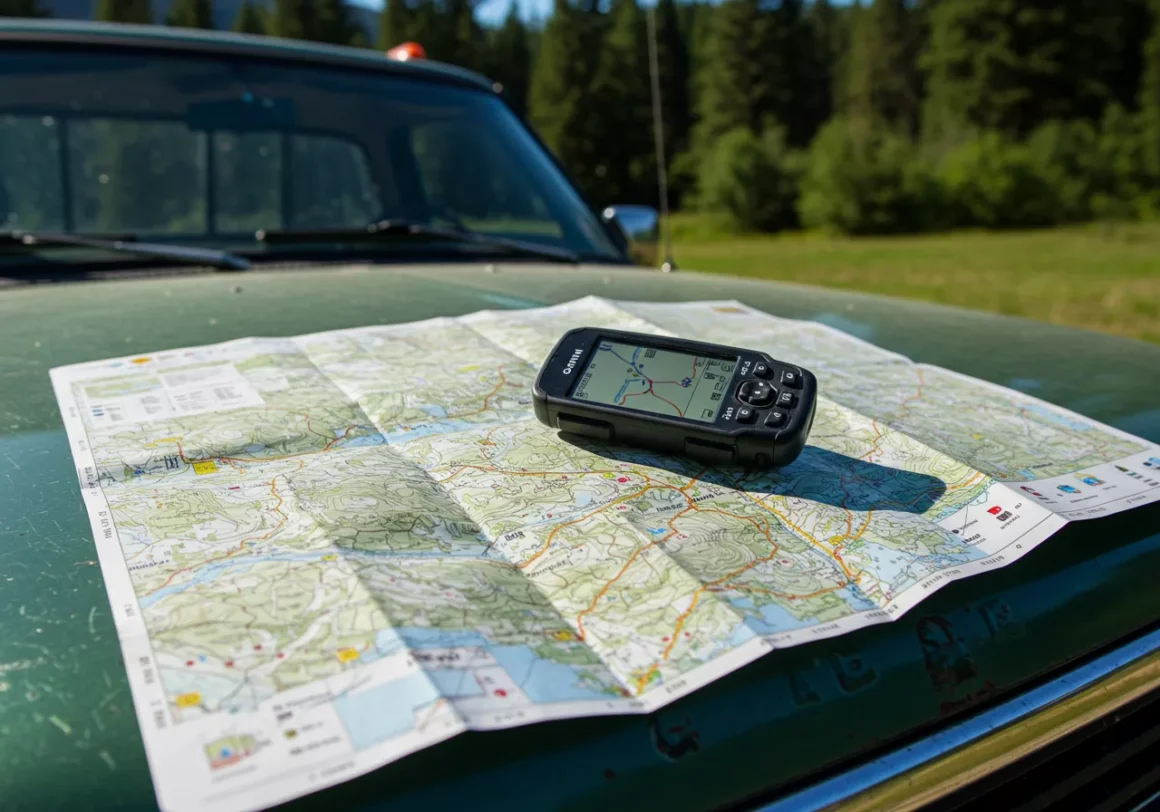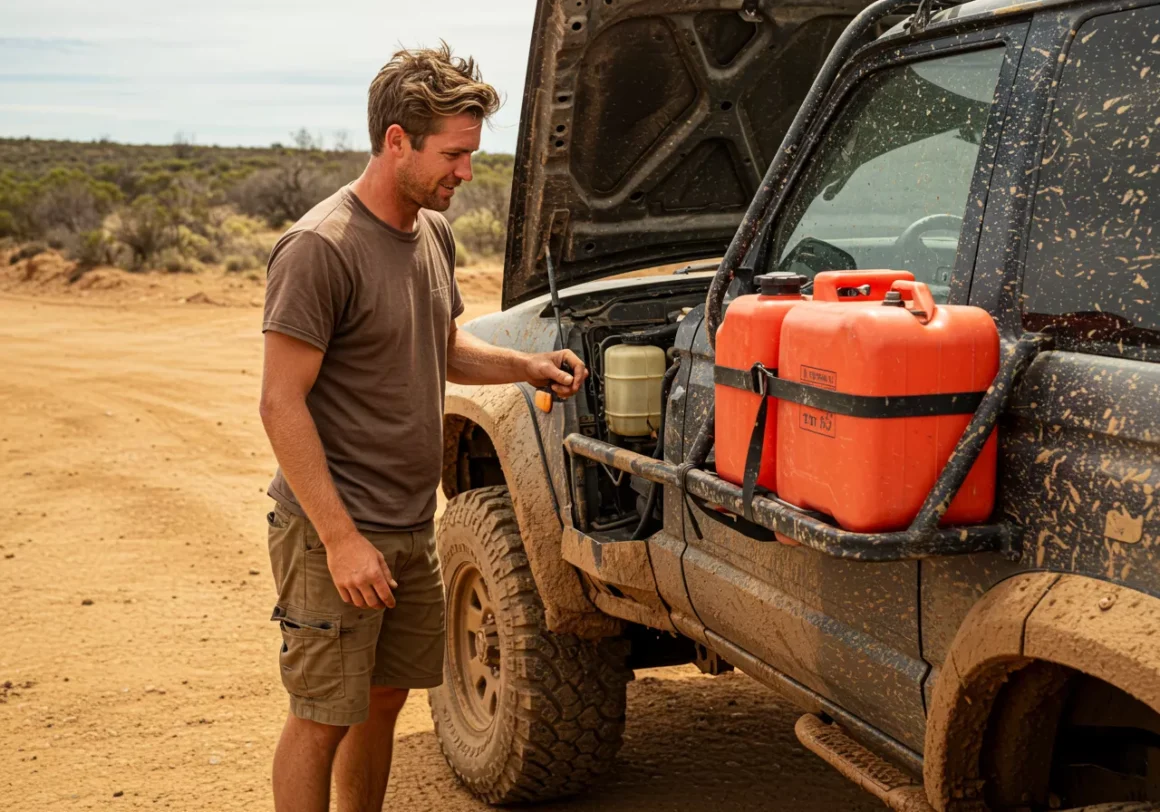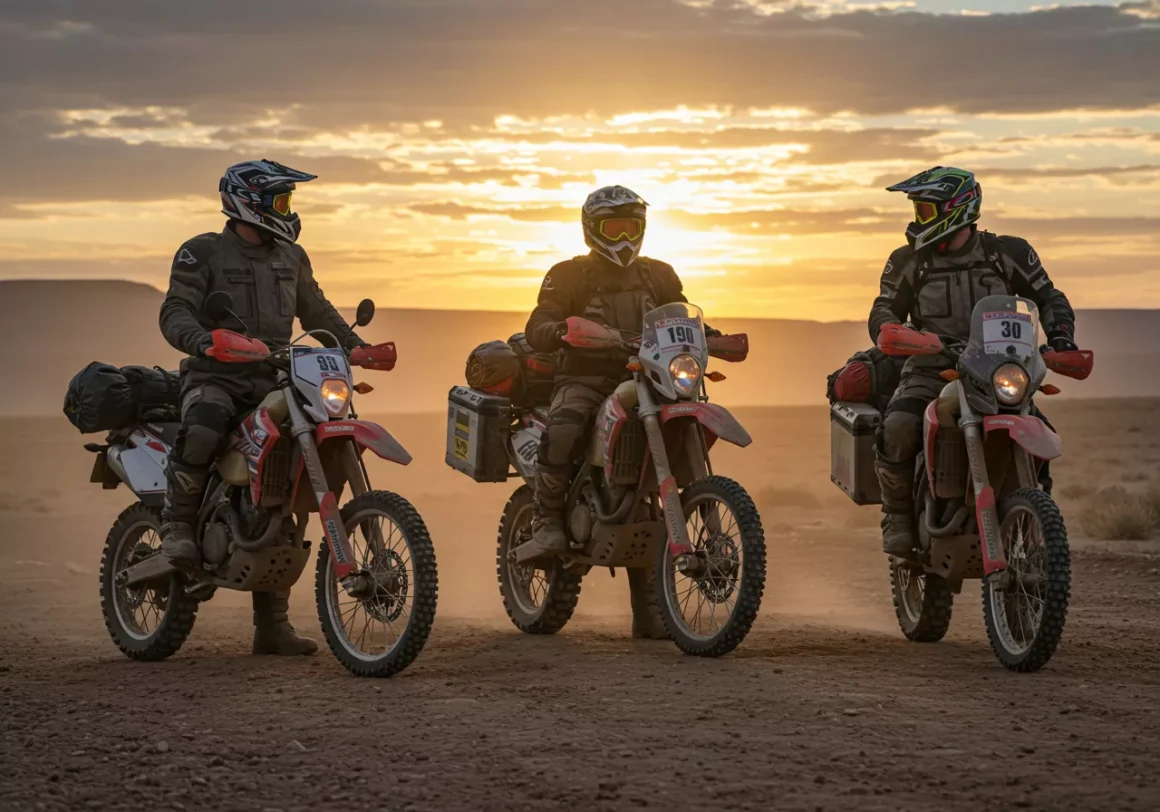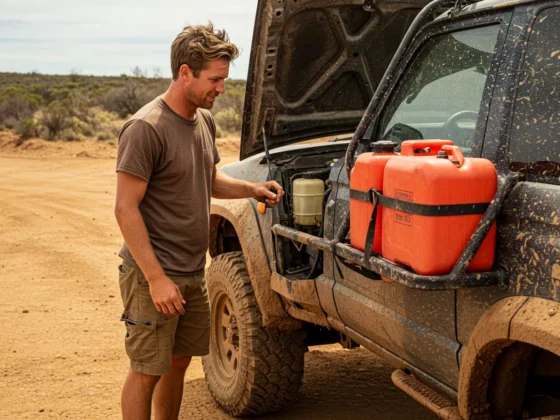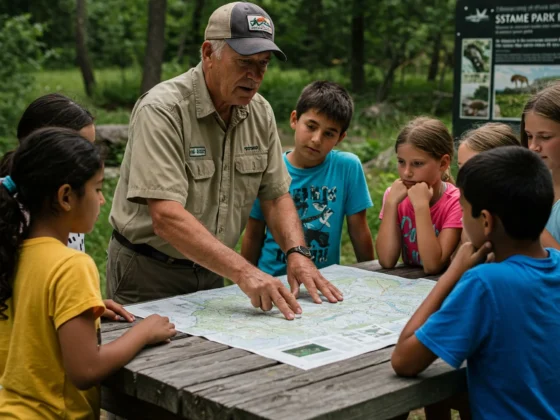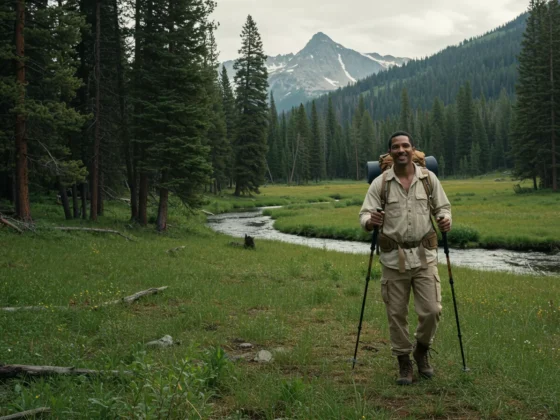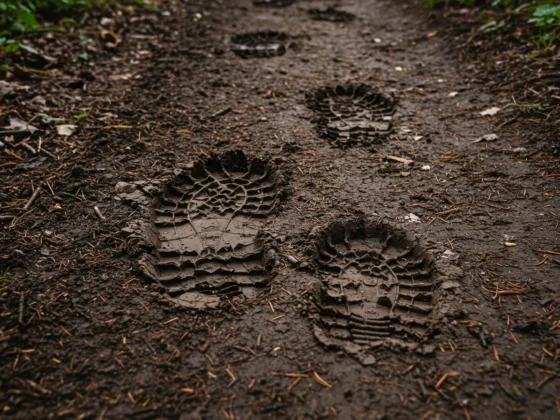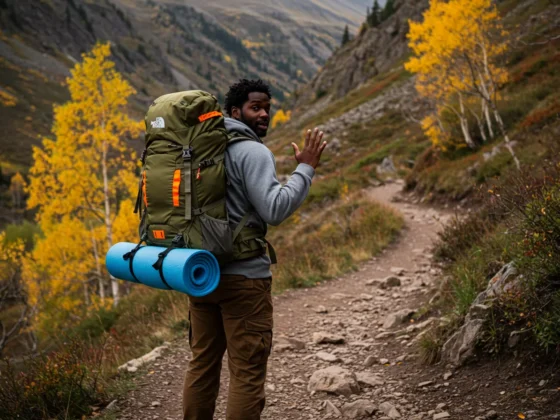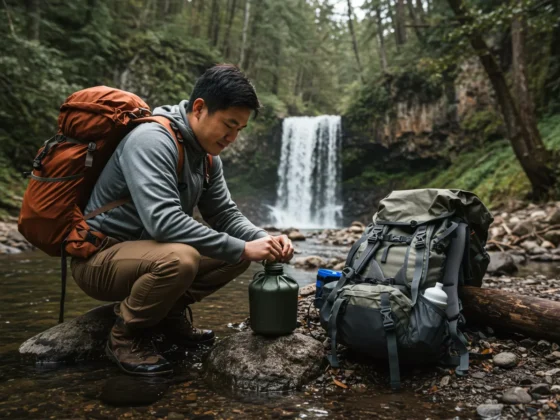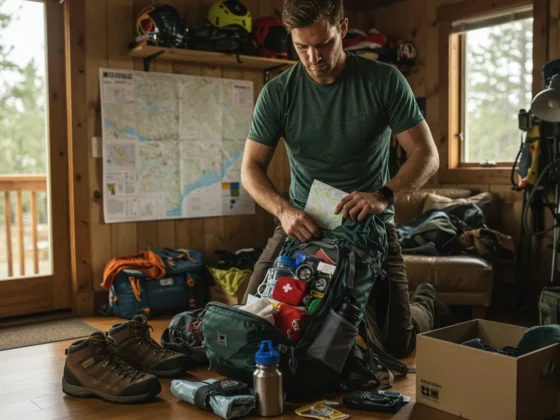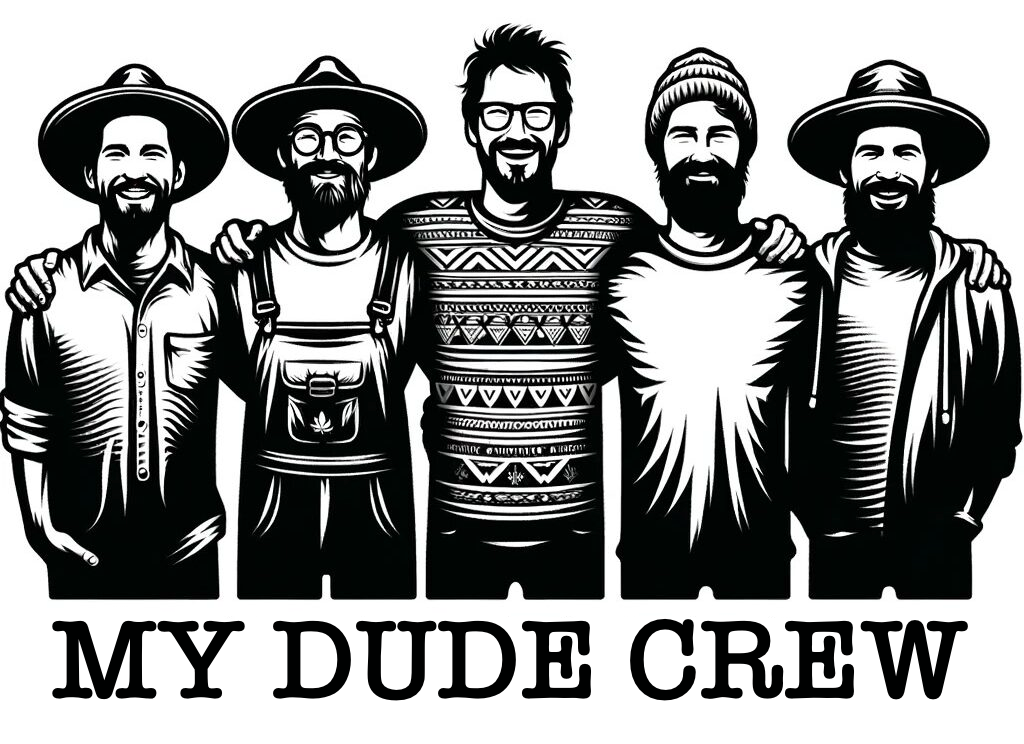Responsible off-road vehicle (ORV) operation is essential for preserving natural landscapes, ensuring the safety of all outdoor enthusiasts, and maintaining access to public and private lands. A cornerstone of this responsible approach is adhering to the principles of “Tread Lightly!”, a national non-profit organization dedicated to promoting responsible outdoor recreation.
The Tread Lightly! philosophy is encapsulated in the acronym T.R.E.A.D., providing a simple yet comprehensive framework for minimizing impact and fostering a sustainable future for off-roading.
T – Travel Responsibly: This principle emphasizes staying on designated roads, trails, and areas. This prevents the creation of new, unauthorized trails that can damage vegetation, contribute to erosion, and disturb wildlife habitats. It also includes:
- Staying on trails that are appropriate for your vehicle type and width.
- Minimizing wheel spin, which can cause rutting and damage to the trail surface, especially in wet conditions.
- Crossing streams only at designated fording points, and doing so slowly and at a 90-degree angle to minimize disturbance to the streambed and aquatic life.
- Avoiding the temptation to drive around obstacles, which widens trails and increases environmental impact; instead, assess if you can safely go over them.
R – Respect the Rights of Others: Sharing the outdoors means being considerate of all users, including hikers,प्रधानs, campers, and private property owners. Key aspects include:
- Yielding the right of way to those traveling uphill and to non-motorized users like hikers and equestrians. When encountering horses, pull over, turn off your engine, and speak to the rider to avoid startling the animals.
- Keeping noise levels down, particularly in camping areas and near residential zones.
- Respecting private property and obtaining permission before entering or crossing private land.
- Leaving gates as you found them, whether open or closed.
E – Educate Yourself: Proper preparation is crucial for a safe and responsible off-road experience. This involves:
- Obtaining maps and understanding the regulations for the area you plan to visit. Motor Vehicle Use Maps (MVUMs) are vital resources for identifying designated routes.
- Knowing the capabilities and limitations of your vehicle and ensuring it is in good mechanical condition.
- Packing essential gear for safety, navigation, and potential emergencies, including a first-aid kit, recovery equipment, and sufficient supplies.
- Understanding the weather forecast and being prepared for changing conditions.
- Taking off-road driving courses to improve skills and learn proper techniques for navigating various terrains.
A – Avoid Sensitive Areas: Certain environments are particularly vulnerable to damage from vehicle traffic. Responsible operators take care to avoid these areas:
- Staying off of meadows, lake shores, wetlands, and streams.
- Identifying and avoiding sensitive soil types, such as cryptobiotic soil crusts, which are vital to arid ecosystems and easily destroyed.
- Respecting seasonal closures or restrictions in place to protect wildlife during breeding, nesting, or other critical periods.
- Leaving historical, archaeological, and paleontological sites undisturbed.
D – Do Your Part: This principle encourages active stewardship and a commitment to leaving the outdoors in a better state than you found it:
- Packing out all trash andaganizing of waste properly.
- Minimizing the use of fire and ensuring any fires are completely extinguished.
- Taking steps to prevent the spread of invasive species by cleaning your vehicle before and after trips.
- Participating in trail maintenance or restoration projects.
- Modeling responsible behavior and educating others on ethical off-road practices.
By embracing the T.R.E.A.D. principles, off-road enthusiasts can enjoy their passion while minimizing their environmental footprint and ensuring these valuable recreational opportunities remain available for generations to come. Responsible operation is not just about following rules; it’s about cultivating an ethic of care and respect for the natural world and fellow outdoor users.

